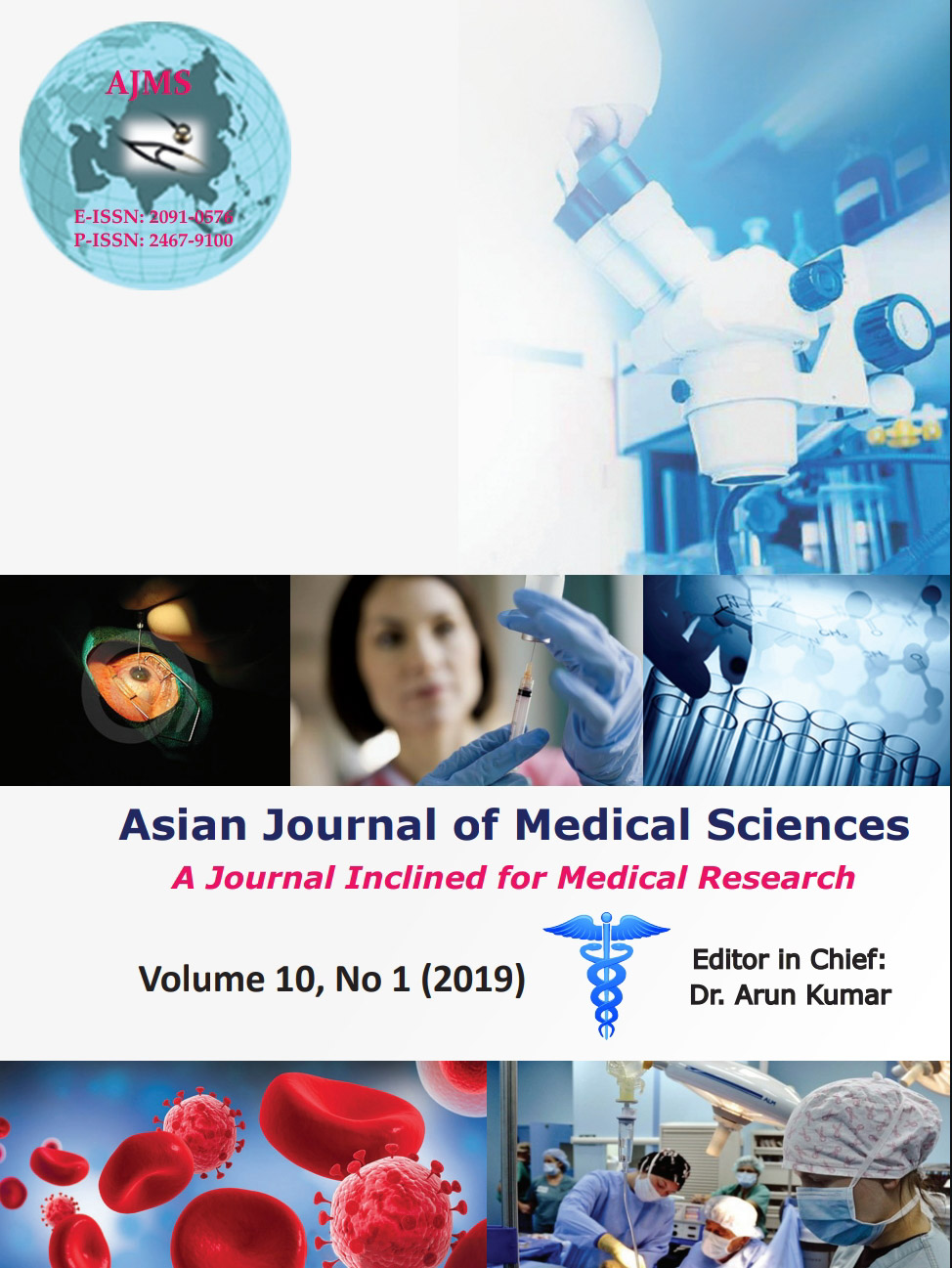A comparative study of albumin-bilirubin score, MELD and Child Pugh scores for predicting the in-hospital mortality in cirrhotic patients complicated with Upper GI bleeding in a Tertiary care hospital
Keywords:
Albumin Bilirubin score, Acute Upper Gastrointestinal bleed, Model for end stage liver diseaseAbstract
Background: Alcoholic liver Disease (ALD) encompasses a spectrum of Injury, ranging from simple steatosis to frank cirrhosis which is evaluated by many scoring systems.
Aims and Objective: Our study aims at evaluating the discriminative abilities of Child-Pugh, model for end-stage liver disease (MELD), and albumin-bilirubin (ALBI) scores in predicting the inhospital mortality in cirrhotic patients complicated with acute upper gastrointestinal bleeding.
Materials and Methods: Data of Patients with Liver cirrhosis secondary to ethanol presented with Upper GI bleed were retrospectively reviewed. Child Pugh, MELD and ALBI scores were calculated for the patients and results from ROC curves were analysed.
Results: In our study conducted on 112 patients, the age distribution was between 18-74 yrs with mean age of
patients being 46.47+/-10.9 years, sex ratio Male: Female: 105:7 with mortality rate of 33.4%.the Area under curves of ROC of ALBI, Child Pugh and MELD are 0.743, 0.864 and 0.763.
Conclusion: The prognostic performance of all 3 scores was comparable but Child Pugh score was found to have better prognostic significance than ALBI and MELD score.
Downloads
Downloads
Published
How to Cite
Issue
Section
License
Authors who publish with this journal agree to the following terms:
- The journal holds copyright and publishes the work under a Creative Commons CC-BY-NC license that permits use, distribution and reprduction in any medium, provided the original work is properly cited and is not used for commercial purposes. The journal should be recognised as the original publisher of this work.
- Authors are able to enter into separate, additional contractual arrangements for the non-exclusive distribution of the journal's published version of the work (e.g., post it to an institutional repository or publish it in a book), with an acknowledgement of its initial publication in this journal.
- Authors are permitted and encouraged to post their work online (e.g., in institutional repositories or on their website) prior to and during the submission process, as it can lead to productive exchanges, as well as earlier and greater citation of published work (See The Effect of Open Access).




